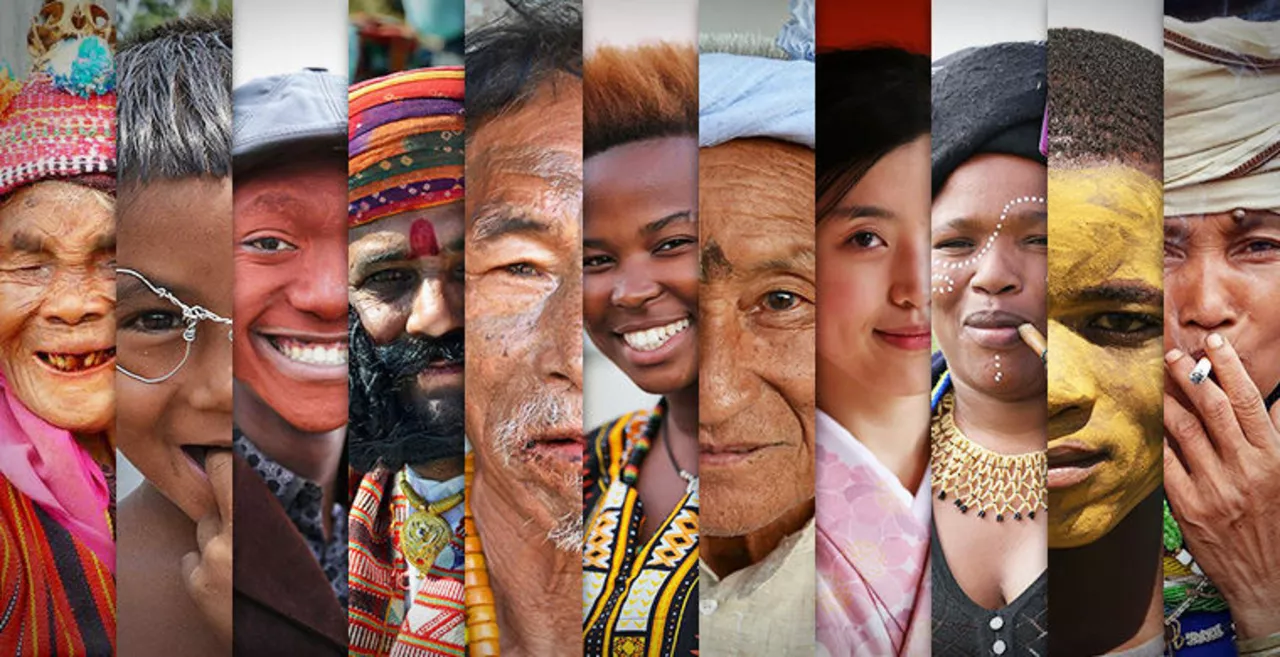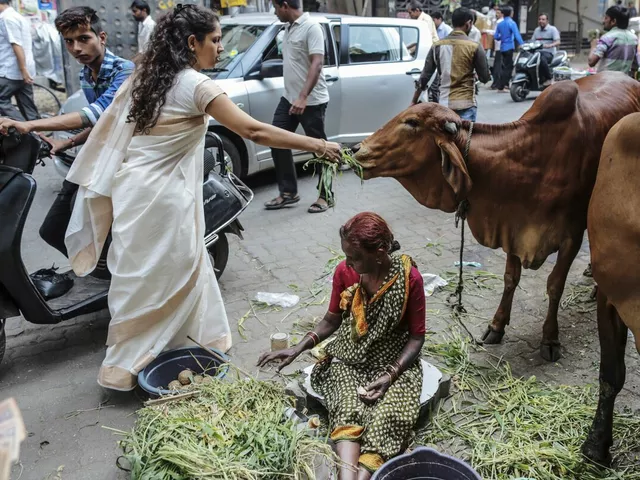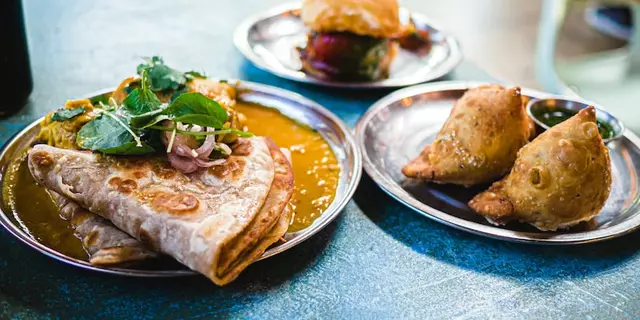Cultural differences in India: practical tips for visitors and friends
Cultural differences in India can surprise even seasoned travelers, but a few straightforward tips make life simple. Think about food, religious signals, personal space, and local pride. Keep an open mind and ask when unsure. Observe before you act, especially around temples, homes, and rural streets. Shoes off at many entrances; modest dress works in most places.
Food is a great bridge. Ask about vegetarian habits and spice levels before you cook or order. Offer a range of options when hosting — simple dal, rice, and a mild curry are safe bets.
Respect for cows in many parts of India is real and visible. Avoid jokes about animals or sensitive religious symbols. If an accident involves an animal, stay calm and seek local help quickly.
Language varies wildly from state to state. Use simple English, learn a few local phrases, and carry a map app for place names.
Regional pride runs deep — Uttar Pradesh, Punjab, Tamil Nadu, and other states each have strong identities. Don’t dismiss local customs as backward; ask about history and food instead.
Conversations can be direct or roundabout depending on context. When discussing politics or religion, listen more than you talk and avoid heated debates in public.
Short breakfasts like poha or paratha are common and quick to prepare. Trying local breakfast shows respect and opens doors to conversations.
For Indians abroad, choices about returning vary by work, family, and culture. Ask friends what matters to them instead of guessing their feelings. Small gestures matter: bring a familiar snack, call family, or respect fasting days.
If you offend someone, apologize quickly and sincerely. People usually accept honest mistakes when you explain you meant no harm.
Final practical tip — watch, ask, adapt. Cultural differences are a chance to learn tasty food, strong traditions, and new ways to be polite. Take curiosity, not judgment, and you’ll find conversations and meals that stick with you.
Quick etiquette checklist
Greet elders first, use right hand for giving, and avoid public displays of affection in conservative areas. When invited home take a small gift like sweets or fruits. Check dietary labels — many people follow vegetarian diets for cultural or religious reasons.
How to ask without offending
Use curiosity and open questions: 'Can you tell me about this custom?' works better than 'Why do you do that?' If a topic is sensitive, say you want to learn and listen more. Respect privacy — some people avoid discussing family, money, or caste with strangers.
Media and online posts can shape views; check local sources and ask neighbors for context before forming strong opinions. Stereotypes make life simpler but miss real people — meet folks, try food like biryani or samosas, visit a temple or a mosque respectfully, and listen. If you read about awards, local politics, or social life, look for multiple viewpoints to understand why people celebrate or disagree. Simple respect opens doors; curiosity keeps them open. Start small, ask one question, and share a meal. Enjoy learning.

As a blogger, I've noticed that beer drinking isn't as common in India as it is in Europe. Several reasons attribute to this trend. Firstly, cultural and religious beliefs in India often discourage alcohol consumption. Secondly, the taxation and pricing of beer in India make it less affordable than in Europe. Lastly, the preference for spirits like whisky and rum over beer in the Indian market also impacts its prevalence.
Continue Reading

Living in Canada as an Indian has been an enriching experience, with its welcoming people and diverse culture. The weather, especially the long winters, was a major adjustment, but it has taught me to appreciate the beauty of each season. The food scene is diverse, but I still miss the authentic taste of Indian cuisine. The work-life balance and social benefits provided here have greatly improved my quality of life. Overall, I feel grateful for the opportunities I've had in Canada, but I also cherish my Indian roots.
Continue Reading






